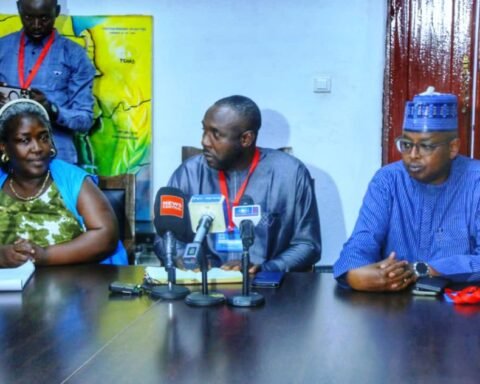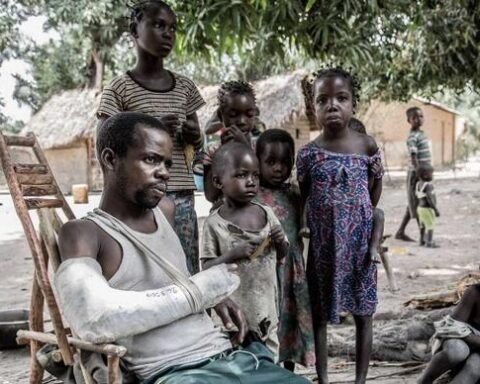As the Union of the Comoros celebrated its 50th independence anniversary, Tanzanian President Samia Suluhu Hassan used the moment to offer more than congratulations.
She delivered a bold vision—one where Kiswahili becomes the glue binding Africa’s diverse nations, cultures, and economies together.
Speaking at the Malouzini Omnisport Stadium in Moroni, the Comorian capital, President Hassan called on the island nation to officially adopt Kiswahili (Swahili language) in schools, government communication, and commerce. Her remarks drew loud applause from a crowd marking a half-century since Comoros gained independence from France in 1975.
“Our Southern African region has long been divided by colonial languages—some speak English, others French, and some Portuguese. The only African language that can truly unite us is Kiswahili,” she said.
With more than 200 million speakers across Africa and beyond, Kiswahili has grown from a coastal lingua franca into one of the most widely spoken African languages globally. It is already an official working language of the African Union (AU), and is used by regional bodies like the East African Community (EAC) and the Southern African Development Community (SADC).
President Hassan proposed that Comoros introduce Kiswahili as a subject in schools and elevate it to national language status.
“Tanzania is ready to support you by sending trained Kiswahili teachers, educational materials, and curriculum guidance,” she affirmed.
The offer is more than a gesture of diplomacy—it is part of a broader effort to deepen Pan-Africanism. By encouraging shared language, leaders like Hassan seek to unite Africans around a common identity, reduce linguistic isolation, and strengthen intra-African cooperation.
Language experts and scholars have welcomed the proposal. Dr. Mwinuka Lutengano of the University of Dodoma described it as “timely and necessary,” especially for small island nations like Comoros that are looking to integrate more closely with continental markets and institutions.
“Adopting Kiswahili doesn’t just bridge cultural gaps—it empowers education, trade, tourism, and diplomacy,” he noted.
Comoros already shares linguistic and historical ties with the Swahili Coast stretching from Tanzania to Mozambique. These connections were strengthened during liberation movements, where Comorian revolutionaries such as Ali Soilihi collaborated with Tanzanian allies. In fact, the Comorian independence struggle was partly organised from Dar es Salaam, where the Mouvement de Libération Nationale des Comores (MOLINACO) was founded in the 1960s.
Hassan also acknowledged the contributions of Comorian women in the liberation era—figures like Sakina Ibrahim, Khadija Sabir, and Rabiata Mohamed—noting that their legacy lives on in today’s push for national unity and identity.
Kiswahili is already taught across countries like Kenya, Uganda, Rwanda, South Africa, and even in schools in Oman, Saudi Arabia, and the United States. UNESCO even declared July 7 as World Kiswahili Language Day.
“Africa doesn’t just need economic freedom—we need cultural confidence. Language is the foundation of that,” President Hassan concluded.
As Comoros reflected on its 50 years of freedom, President Hassan’s message stood as a reminder that true independence is more than political—it is cultural, educational, and economic. And sometimes, unity starts with a simple greeting: Karibu—Welcome.







